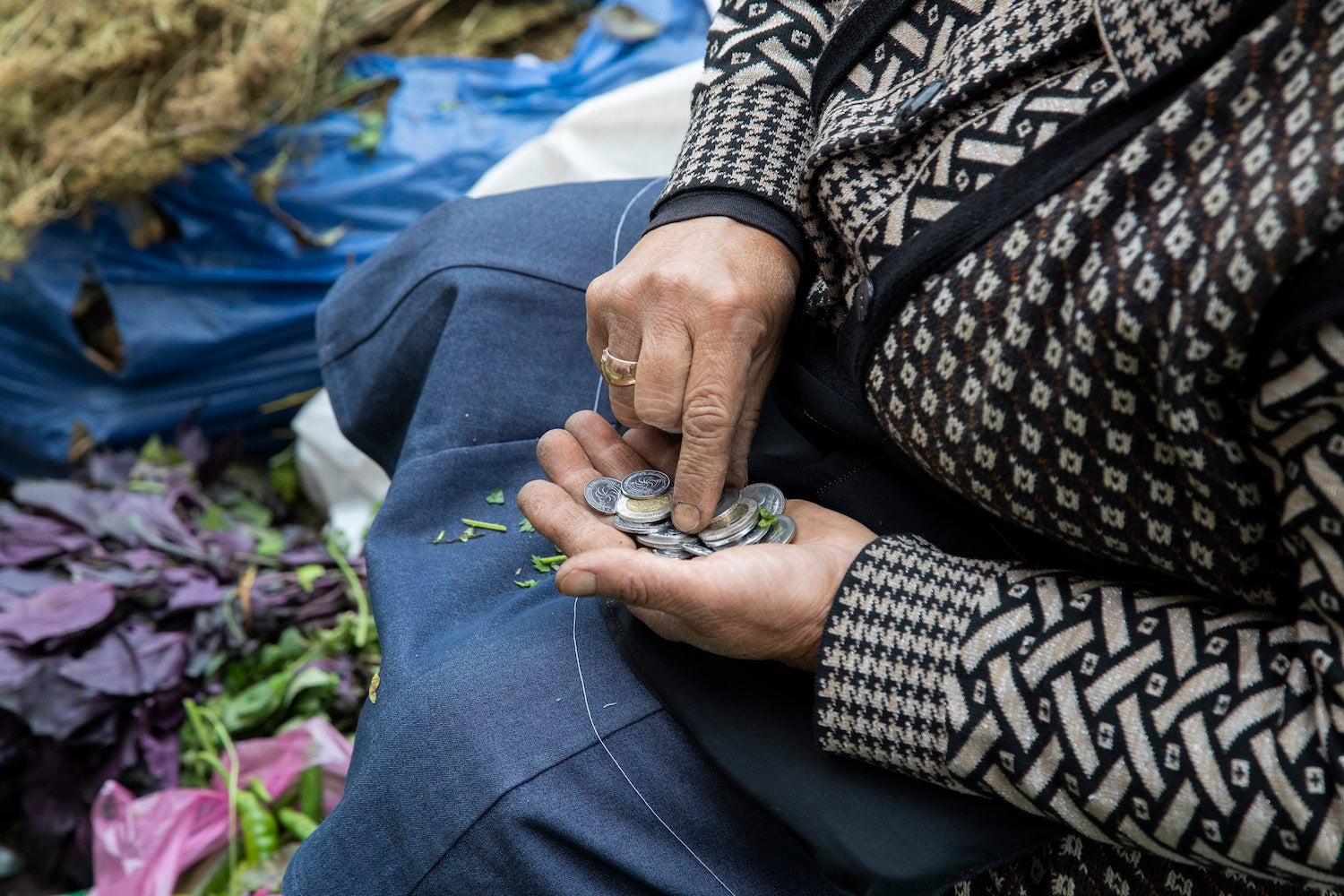Employment & Poverty
Economic fallout hits women hard

Women are being hit hard by the fallout of the pandemic. Because they typically earn less, have fewer savings and hold less secure jobs to begin with, women are particularly susceptible to economic shocks in general. The pandemic has devastated feminized sectors like hospitality, tourism and retail, depriving many women of their livelihoods. Across all regions, women have been more likely to drop out of the labour force during the pandemic. The majority of employed women (58%) work in the informal sector, with few to no worker protections like paid sick leave and unemployment. For women in frontline jobs, such as healthcare providers and domestic workers, the pandemic has forced them to choose between economic security and their health.
What can governments do?
- Target support to feminized sectors and occupations such as hospitality, tourism and retail.
- Cover micro- and small businesses in government bailouts, where women entrepreneurs tend to be overrepresented.
- Provide cash transfers to women. Target individuals rather than households to diminish women’s economic dependence on men.
- Support girls’ education. Develop accessible tools for distance learning, including the use of national television, and ensure girls return to school as they reopen.
- Promote women’s access to male-dominated industries. Provide training opportunities for women, design and implement policies to make workplaces more women-friendly, and make fiscal support for male-dominated industries conditional on women’s representation.
What is UN Women doing?
- Providing sex-disaggregated data and policy recommendations to help governments identify and target women’s economic needs.
- Supporting women owned enterprises across all regions, including:
- Engaging women-led businesses in relief efforts in Bangladesh, Myanmar, Tajikistan and Moldova;
- Providing grants and trainings to women business owners in Tanzania and essential support to women-led businesses in Lebanon, Liberia and China;
- Supporting women-led cooperatives in Morocco and Sudan and women entrepreneurs in the Europe and Central Asia region.
- Providing economic relief through cash transfers and cash-for-work and job placement programmes, including:
- Providing resources to help women build economic independence, including:
- Supporting economic empowerment projects in Yemen, Mozambique, Kyrgyzstan, Egypt, Jordan and Palestine and across Europe;
- Expanding women’s employment and entrepreneurship opportunities in the health, hygiene and sanitation sectors in India;
- Offering training in professional and vocational skills in Lebanon, Papua New Guinea, Indonesia and Nepal;
- Funding and administering the Second Chance Education and Vocational Learning Programme in Mexico and India.






